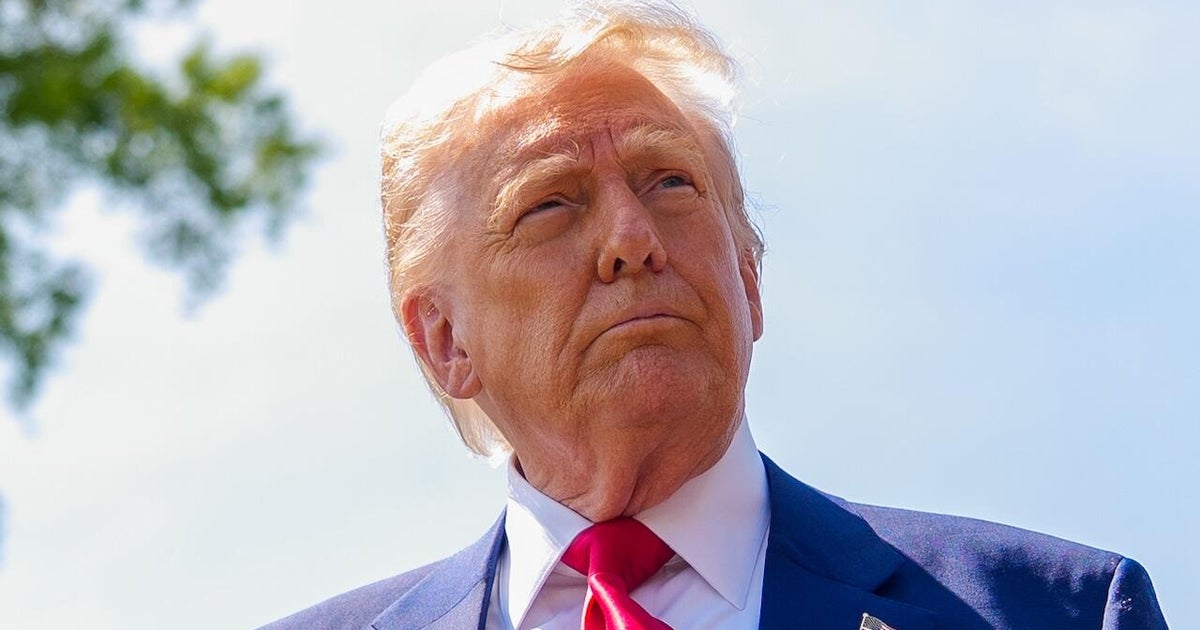
Washington — A federal judge ruled Friday that President Trump’s executive order targeting the law firm Perkins Coie is unconstitutional and permanently blocked the administration from enforcing it.
In a 102-page decision, U.S. District Judge Beryl Howell ruled in favor of the firm and said Mr. Trump’s directive that sought to punish it sent the message that “lawyers must stick to the party line, or else.”
“Using the powers of the federal government to target lawyers for their representation of clients and avowed progressive employment policies in an overt attempt to suppress and punish certain viewpoints, however, is contrary to the Constitution, which requires that the government respond to dissenting or unpopular speech or ideas with ‘tolerance, not coercion,'” Howell wrote.
She found that the executive order violates the First, Fifth, and Sixth Amendments to the Constitution.
The decision from Howell, who sits on the U.S. district court in Washington, D.C., is the first summary ruling in one of four cases brought by law firms that have been penalized by the president as a result of their associations with people and causes he disfavors. In addition to Perkins Coie, the firms Jenner & Block, Wilmer Cutler Pickering Hale and Dorr, and Susman Godfrey have also filed lawsuits challenging their respective executive orders.
Perkins Coie represented former Secretary of State Hillary Clinton during the 2016 election and hired a research firm that retained former British spy Christopher Steele, who produced the infamous “Steele Dossier.”
The executive orders are all similar. They call for the immediate suspension of any active security clearances held by firm employees. They direct government agencies to require contractors to disclose any business with the firms; require agency leaders to review all contracts with the firms or entities that do business with them; and limit firm employees’ access to federal buildings and government workers.
Howell’s ruling in favor of the firm was expected, since she appeared sympathetic to its bid to block Mr. Trump’s directive during a hearing last month. She had previously blocked enforcement temporarily of the order’s provisions on government contracting and access to federal buildings and personnel. Still, her decision is a significant victory for Perkins Coie and a rebuke of the president.
While four firms have sought to fight Mr. Trump’s executive orders targeting them in court, at least nine others have reached agreements with the White House to avoid being penalized by the president. The deals, announced by Mr. Trump on social media, include commitments to provide between $40 million and $125 million in pro bono legal work.
Referencing these nine firms, Howell said they appear to have received Mr. Trump’s suggestion that they may be subject to punishment unless they agree to his terms.
“If the founding history of this country is any guide, those who stood up in court to vindicate constitutional rights and, by so doing, served to promote the rule of law, will be the models lauded when this period of American history is written,” she wrote.
Appointed by former President Barack Obama, Howell said the executive order targeting Perkins Coie “stigmatizes and penalizes” the firm and its employees — from partners to attorneys to mailroom attendants — because of its past and current representation of clients that take positions that the president disfavors.
She said the case “presents an unprecedented attack” on the principles of the American judicial system.
